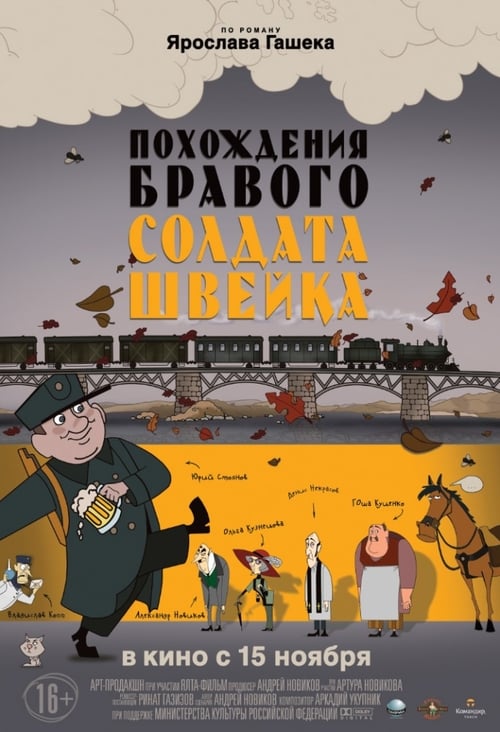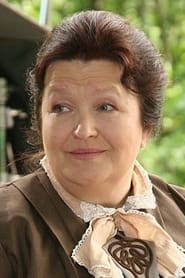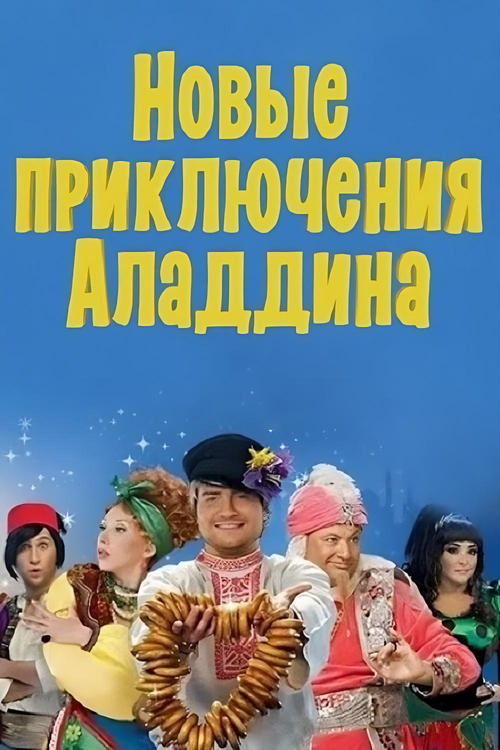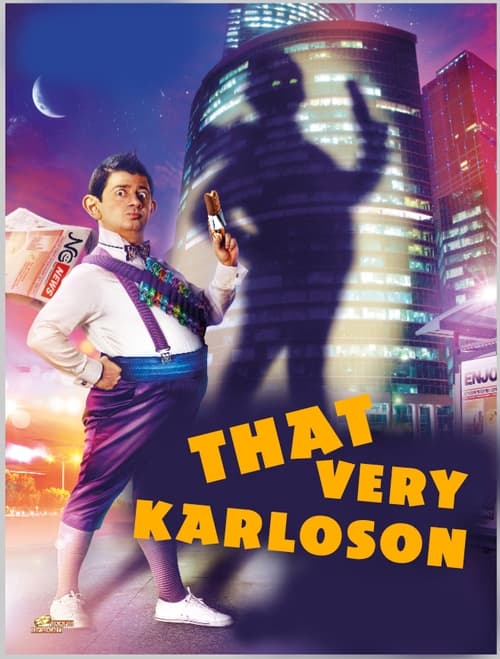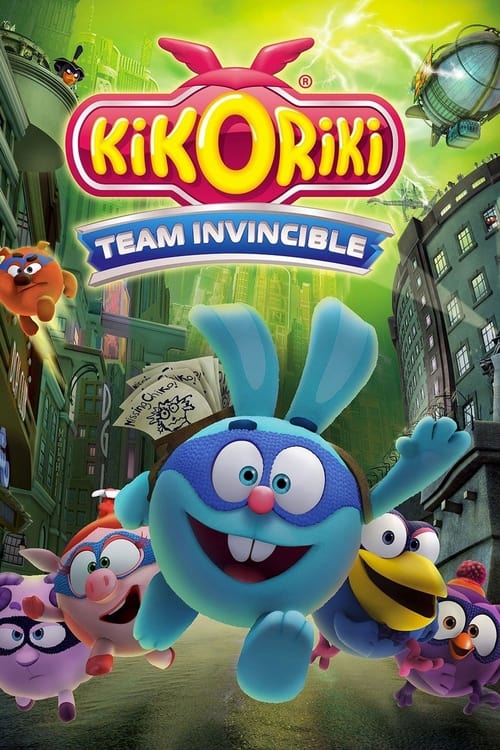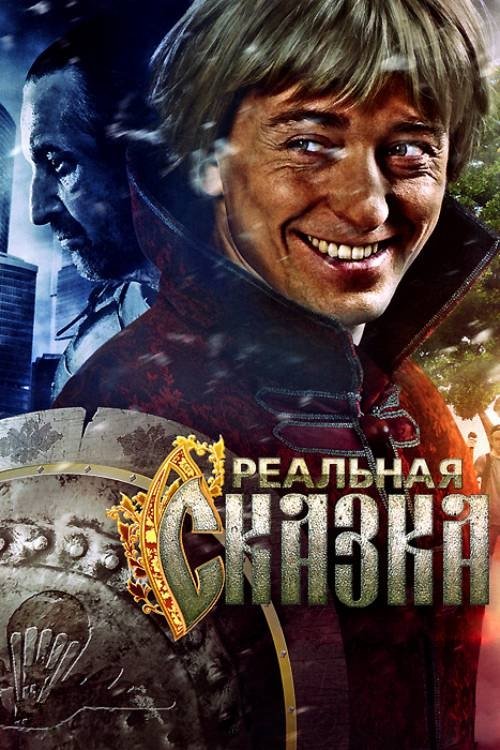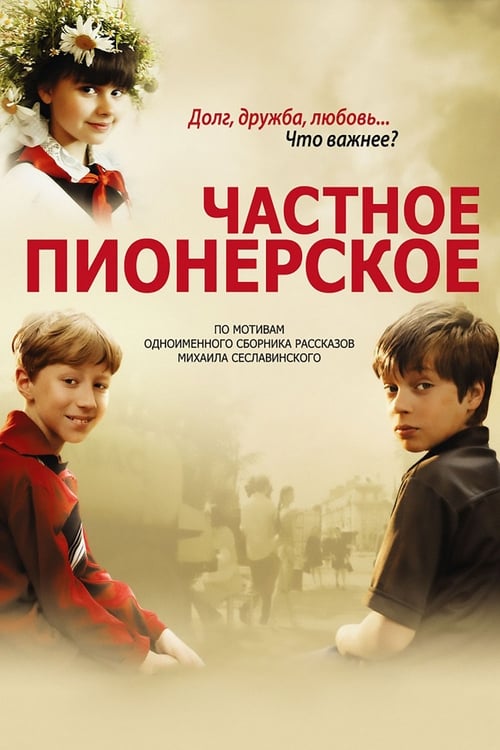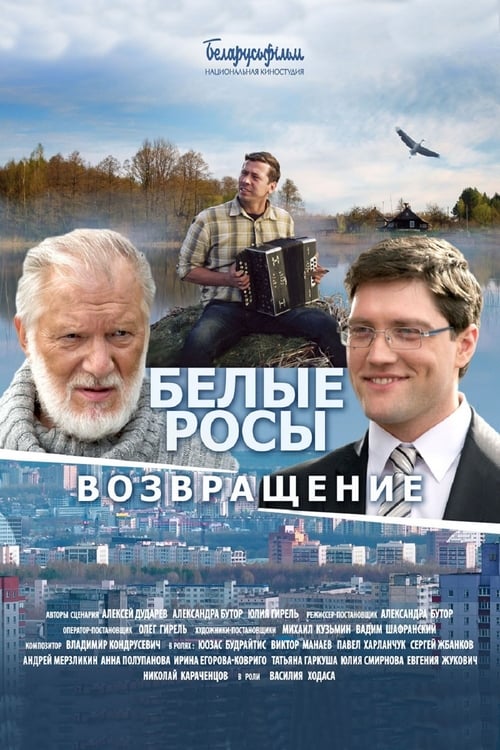
Ask Your Own Question
What is the plot?
What is the ending?
In the ending of "The Good Soldier Shweik," the protagonist, Josef Švejk, finds himself in a series of absurd situations that highlight the futility of war. Ultimately, he is sent to a military hospital, where he continues to navigate the chaos around him with his characteristic humor and resilience. The film concludes with Švejk's fate remaining uncertain, embodying the ongoing struggle and absurdity of life during wartime.
As the film approaches its conclusion, we see Švejk in the military hospital, surrounded by other soldiers who are grappling with their own traumas and absurdities of war. The atmosphere is thick with a mix of despair and dark humor, as Švejk interacts with the other patients, maintaining his light-hearted demeanor despite the grim circumstances. His ability to find humor in the direst situations serves as a coping mechanism, both for himself and those around him.
In one poignant scene, Švejk engages in a conversation with a fellow soldier who is deeply troubled by the war. Švejk listens intently, offering a blend of absurd advice and witty remarks that momentarily lift the soldier's spirits. This interaction showcases Švejk's innate ability to connect with others, even in the bleakest of times, and highlights the theme of camaraderie amidst chaos.
As the narrative unfolds, we see the bureaucratic absurdity of the military system at play. Švejk is subjected to various evaluations and tests, each more ridiculous than the last. The doctors and officers are portrayed as incompetent and overwhelmed, further emphasizing the film's critique of the military establishment. Švejk's nonchalant attitude towards these absurdities allows him to navigate the system with a sense of ease, even as the world around him spirals into madness.
In the final scenes, Švejk is informed that he is to be sent back to the front lines, a fate that looms ominously over him. However, instead of succumbing to despair, he maintains his characteristic optimism, joking about the situation and making light of the impending danger. This resilience is a testament to his spirit, even as the reality of war threatens to engulf him.
The film concludes with Švejk being led away, his fate left ambiguous. The audience is left to ponder the ongoing nature of war and the absurdity of the human condition. The final shot lingers on Švejk's face, a mix of determination and humor, encapsulating the essence of his character and the overarching themes of the story.
In summary, the ending of "The Good Soldier Shweik" encapsulates the absurdity of war and the resilience of the human spirit through the character of Josef Švejk. His journey, filled with humor and camaraderie, ultimately leads him to an uncertain fate, leaving viewers to reflect on the complexities of conflict and the enduring nature of hope.
Is there a post-credit scene?
The movie "The Good Soldier Shweik," produced in 2012, does not feature a post-credit scene. The film concludes its narrative without any additional scenes or content after the credits roll. The story wraps up with the resolution of its central themes and character arcs, leaving the audience with a sense of closure regarding the journey of the protagonist, Josef Švejk, and his experiences during World War I. The focus remains on the absurdity of war and the resilience of the human spirit, encapsulated in Švejk's humorous yet poignant outlook on life amidst chaos.
What motivates Josef Švejk to act the way he does throughout the film?
Josef Švejk, the protagonist, is driven by a blend of absurdity and a desire to navigate the chaos of World War I with humor and resilience. His seemingly foolish antics often mask a deeper understanding of the absurdity of war and authority, allowing him to survive in a world that is increasingly nonsensical.
How does Švejk's relationship with his superiors evolve during the film?
Throughout the film, Švejk's interactions with his superiors are marked by a mix of mockery and compliance. Initially, he appears to be a loyal soldier, but as the story progresses, his antics expose the incompetence and absurdity of military hierarchy, leading to a growing tension between him and his superiors.
What role does the character of Lieutenant Lukas play in Švejk's journey?
Lieutenant Lukas serves as a foil to Švejk, representing the rigid military structure and the seriousness of war. His attempts to maintain order and discipline contrast sharply with Švejk's carefree attitude, highlighting the absurdity of their situation and ultimately leading to moments of both conflict and camaraderie.
How does Švejk's behavior impact the soldiers around him?
Švejk's behavior has a profound impact on the soldiers around him, often providing comic relief in dire situations. His antics challenge the morale of his fellow soldiers, encouraging them to question authority and the war itself, while also fostering a sense of camaraderie among those who appreciate his irreverent approach.
What are the key events that lead to Švejk's repeated detainment and release?
Key events leading to Švejk's detainment and release include his initial arrest for being a 'madman,' his subsequent encounters with various military officials, and his ability to manipulate situations with his wit. Each detainment serves as a commentary on the absurdity of military bureaucracy, as he is often released due to the incompetence of those in charge.
Is this family friendly?
The Good Soldier Shweik, produced in 2012, is a film that, while rooted in humor and satire, does contain elements that may not be entirely family-friendly. Here are some potentially objectionable or upsetting aspects:
-
War Themes: The film is set against the backdrop of World War I, which includes depictions of military life, conflict, and the absurdities of war. This may be distressing for younger viewers or sensitive individuals.
-
Violence and Death: There are scenes that portray the harsh realities of war, including violence and the consequences of battle, which may be unsettling.
-
Dark Humor: The film employs a satirical tone that sometimes touches on grim subjects, which might not resonate well with all audiences, particularly children.
-
Character Struggles: The protagonist, Shweik, faces various challenges and injustices that reflect the absurdity of bureaucracy and authority, which may evoke feelings of frustration or sadness.
-
Mature Themes: The narrative explores themes of absurdity, incompetence, and the human condition in the face of war, which may be complex for younger viewers to fully grasp.
Overall, while the film has comedic elements, its context and themes may not be suitable for all children or sensitive viewers.

